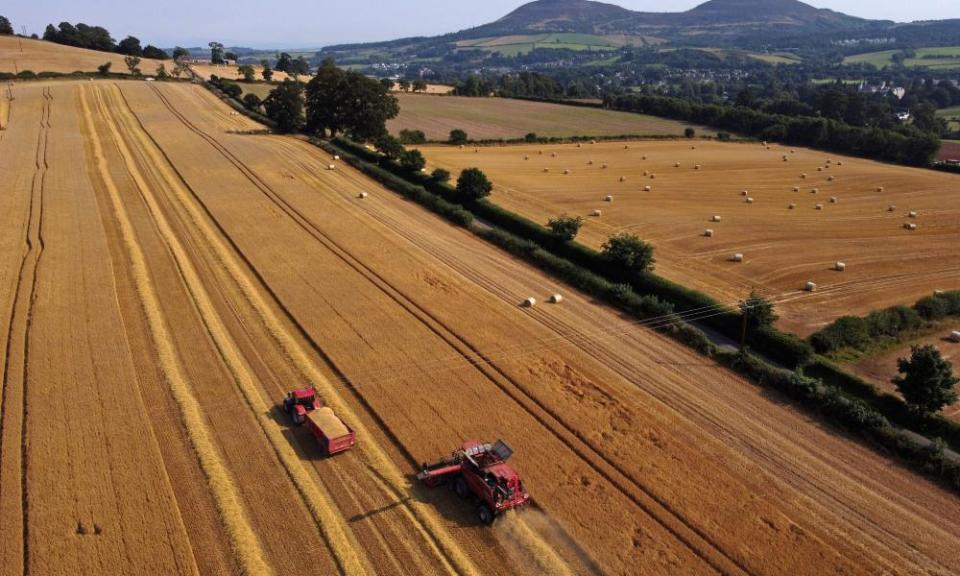How arable farming sows the seeds of river pollution

Prof John Boardman on the reasons behind the poor state of Britain’s rivers
You rightly focus on the poor state of our rivers in terms of nitrates, phosphate and sediment pollution, and the resulting damage to ecology, blaming it on livestock and chicken farming (UK farmers may have to cut livestock count to save rivers, says expert, 29 November). This rather ignores the impact of arable farming over wide swathes of southern Britain.
The announcement of funding for conservation measures is to be welcomed, although widely criticised for being insufficient (Farmers in England to be paid for looking after soil health from next year, 2 December). However, a fundamental question is how will compliance with the measures be enforced? The poor condition of our rivers is partly the result of lack of monitoring and enforcement by a hugely overworked and underresourced Environment Agency.
Will it be expected to ensure that farmers adhere to the rules associated with the new subsidies? For successful models, the UK has only to look to Flanders in Belgium, where flood protection and soil conservation has been taken seriously.
Prof John Boardman
Oxford

 Yahoo Finance
Yahoo Finance 